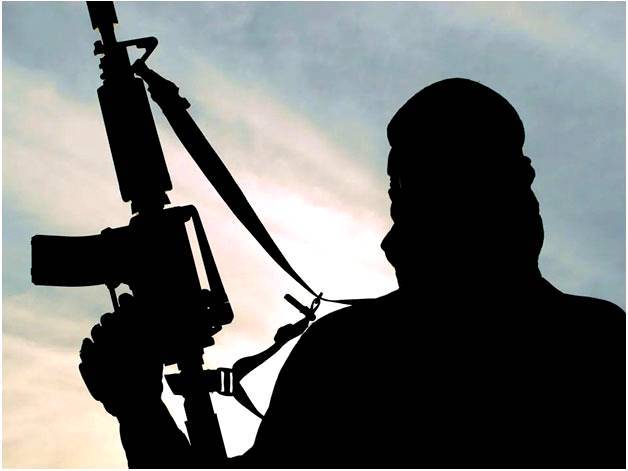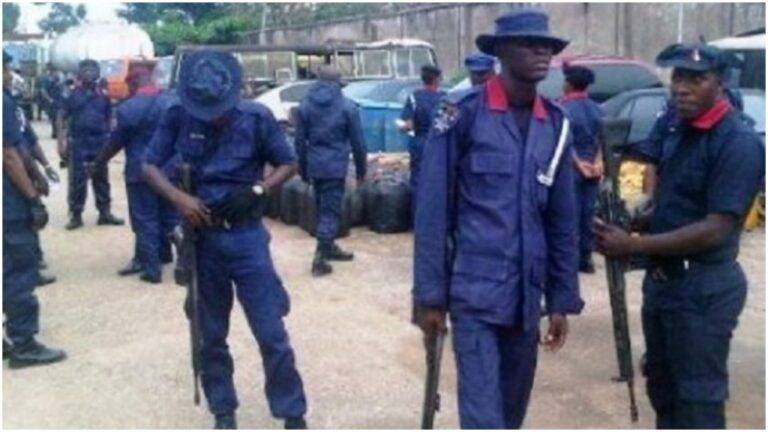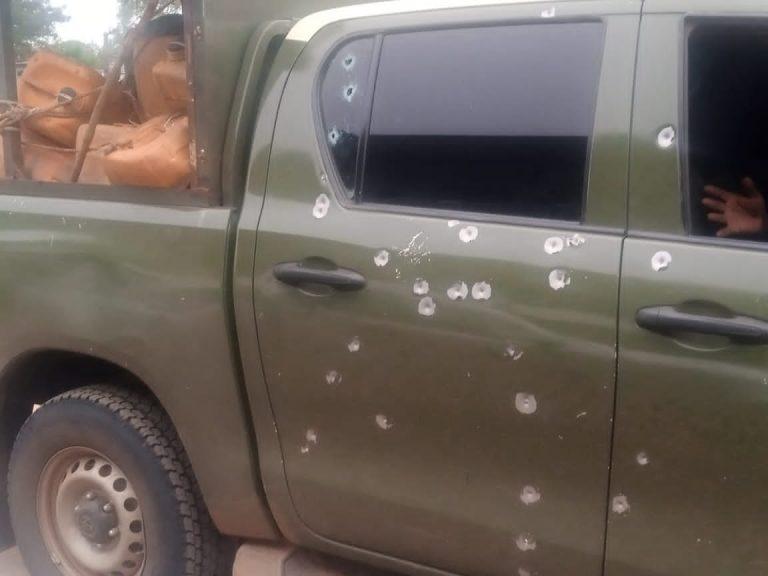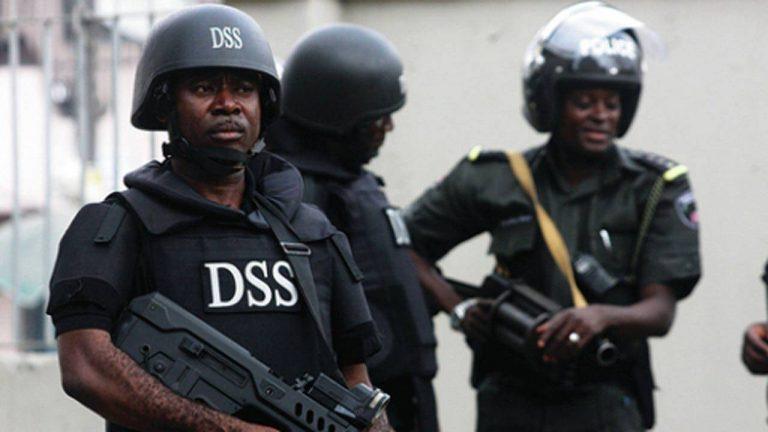ISWAP abducts health worker in Borno
Borno Government on Wednesday confirmed the abduction of a health worker with the General Hospital Gubio, Mr. Bulama Geidam, by the Islamic State of West African Province (ISWAP), gathered.
The News Agency of Nigeria (NAN) report that ISWAP insurgents attacked Gubio on Wednesday at about 2 a.m. and looted food items and fuel from a humanitarian truck.
The state Commissioner for Health, Juliana Bitruce, who confirmed the abduction to NAN in Maiduguri, said the incident was “unfortunate and disturbing”.
She said that the abducted health worker was among those who remained at their duty posts despite the challenges of insecurity in the area.
“The ministry will write to officially inform all the concerned security agencies, including the Theater Command, Operation Hadin Kai,” she said.
The commissioner prayed for the safe release of the health worker.
NAN reports that residents who fled for safety during the attack returned to their homes after the insurgents had withdrawn from the town.
ISWAP
The Islamic State in West Africa Province (ISWAP), a splinter of Boko Haram, is growing in power and influence. From its territorial base on the banks and islands of Lake Chad, this jihadist group is waging a guerrilla war across north-eastern Nigeria and elsewhere on the lake’s periphery. By filling gaps in governance and service delivery, it has cultivated a level of support among local civilians that Boko Haram never enjoyed and has turned neglected communities in the area and islands in Lake Chad into a source of economic support.
If Nigeria and its neighboring Lake Chad states want to sever the bond between ISWAP and these communities – and they should – then they cannot stop with countering ISWAP in battle. They will need to complement military action by filling the service and governance gaps that ISWAP has exploited.
Displacing ISWAP will not be easy. Although the group’s methods are often violent and coercive, it has established a largely symbiotic relationship with the Lake Chad area’s inhabitants. The group treats local Muslim civilians better than its parent organization did, better than its rival faction, Jama’tu Ahlis Sunna Lidda’awati wal-Jihad (JAS), does now, and in some ways better than the Nigerian state and army have done since the insurgency began in 2009. It digs wells, polices cattle rustling, provides a modicum of health care, and sometimes disciplines its personnel whom it judges to have unacceptably abused civilians. In the communities it controls, its taxation is generally accepted by civilians, who credit it for creating an environment where they can do business and compare its governance favorably to that of the Nigerian state.







